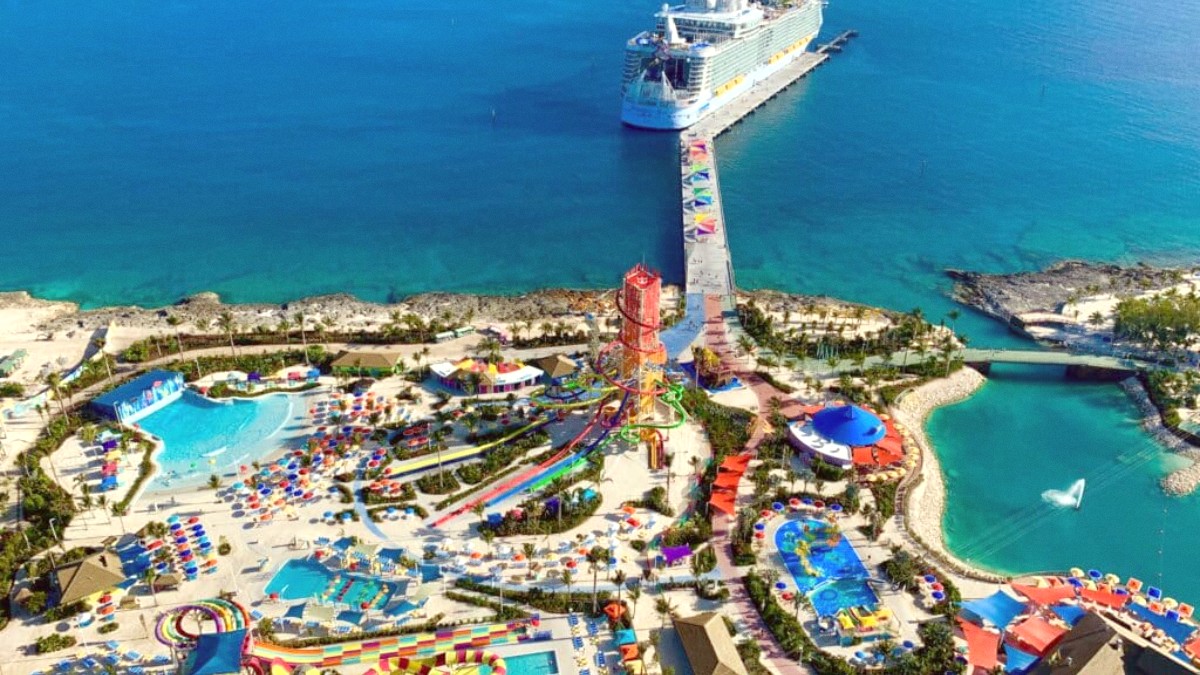
Arequipa And Canyon Country, Peru
This protected area safeguards Andean wildlife (vicuñas, flamingos) and Arequipa's water sources. Respect regulations, stay on paths, and do not disturb wildlife.
Despite its popularity, efforts manage visitor impact. Stick to marked trails, do not litter, and use designated facilities.
Waste management can be basic outside Arequipa. Reduce your waste with reusable items like water bottles and shopping bags. Recycling infrastructure is limited; minimize single-use plastics.
Adopt practices that contribute positively to the environment and local communities.
Water scarcity is a concern in desert regions like Arequipa. Be mindful of your water usage in hotels, especially regarding showers and laundry.
Consider offsetting your flight emissions through reputable carbon offset programs. Many airlines and third-party organizations offer this option.
Seek out lodging that implements sustainable practices, like water and energy conservation, local sourcing, and waste reduction.
Choose tour operators that prioritize responsible tourism, respect local communities, and follow environmental guidelines.
Package Free Shop provides reusable products to minimize waste.
Explore Package FreeArequipa's historic center's UNESCO status safeguards its unique architectural and cultural heritage. Supporting local artisans and cultural institutions aids this effort.
Be mindful of local customs. Attempting a few Spanish phrases is always appreciated and leads to warmer interactions.
Be mindful of privacy, especially in residential areas or during religious ceremonies. Avoid intrusive photography that makes people feel uncomfortable.
Dress modestly (shoulders and knees covered) when visiting churches, convents, or other religious sites. Maintain quiet and respect inside.
Your travel choices play a role in supporting the local economy and promoting fair practices within Arequipa.
Support homestays in Colca Canyon villages. Look for tours that contribute directly to local communities.
Purchase directly from artisans or fair trade shops. Avoid counterfeit goods, notably for alpaca products.
Eat at local picanterías, buy souvenirs from local markets, and use local guides and operators for excursions.
Choosing local businesses and ethical tourism options directly benefits the people of Arequipa, fostering sustainable growth.
Ensure your interactions and contributions to Arequipa are positive and constructive.
Be cautious of tours or activities that exploit animals (e.g., forced photos with chained animals) or misrepresent cultural practices for tourist gain.
If you wish to donate, do so through established local NGOs, schools, or community development projects rather than direct handouts.
Your informed travel decisions contribute to a more just and sustainable tourism environment in Arequipa.
Support for community-based tourism initiatives strengthens local economies.
Engaging with local traditions and people respectfully fosters positive exchanges.
Conscious practices preserve Arequipa's unique landscapes for the future.
Choose tour operators and activities that prioritize ethical treatment of animals and cultural authenticity. Your choices reflect your values.
Responsible travel ensures that Arequipa's charm and natural wonders continue, providing a better experience for all.